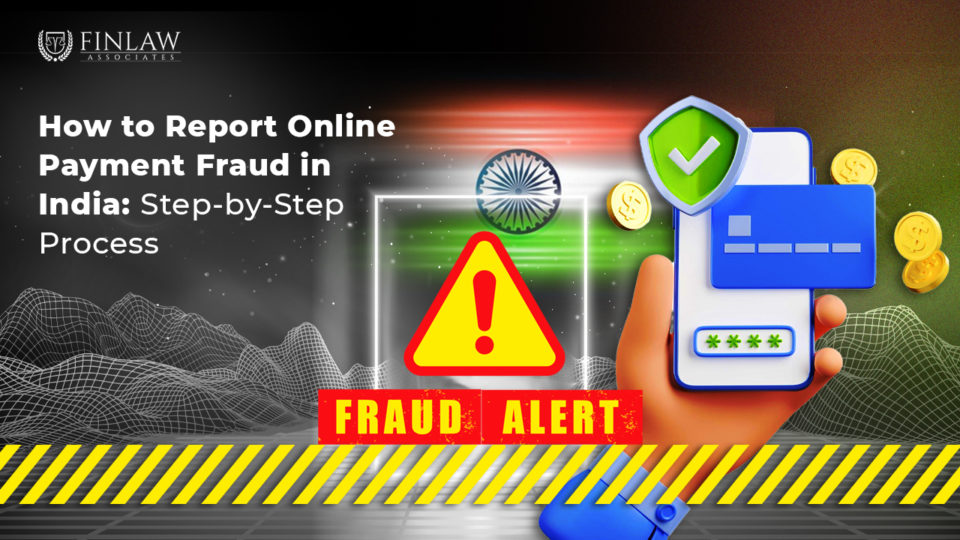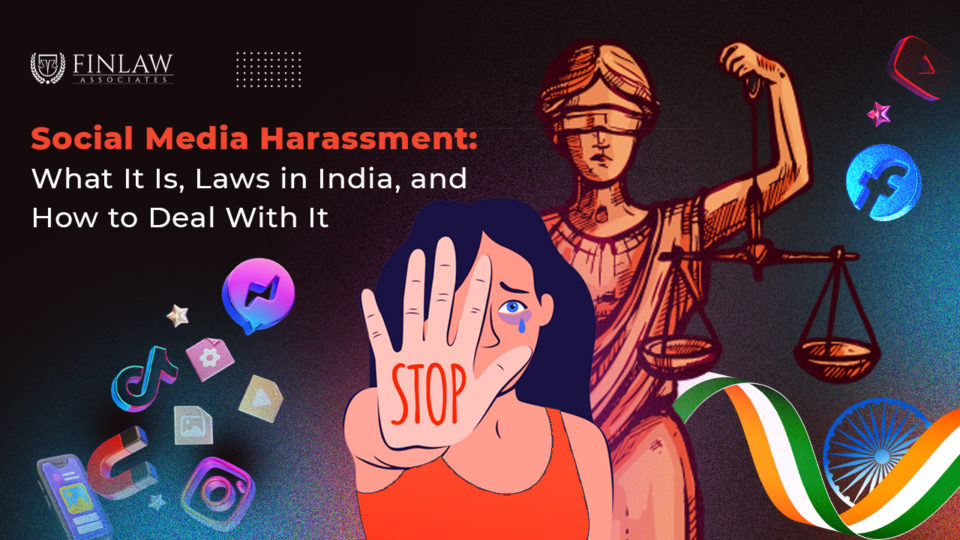
What is Pecuniary Jurisdiction? Understanding Its Meaning and Importance in India
May 5, 2025
Reporting Online Banking Frauds in India: A Step-by-Step Guide
May 19, 2025
In India’s competitive market, where branding plays a crucial role in consumer decisions, trademarks are not just logos or names—they are business assets. But what happens when someone tries to misuse or copy your brand identity? That’s where trademark infringement laws come into play. One of the most frequently asked questions by entrepreneurs, startups, and brand owners is: Who can sue for infringement of trademark?
This comprehensive article explains the legal standing, statutory provisions, and court interpretations that define who is legally entitled to take action against trademark infringement in India.
What Is Trademark Infringement?
Under Indian law, trademark infringement occurs when a person or business uses a mark that is identical or deceptively similar to a registered trademark, leading to confusion among consumers. The Trade Marks Act, 1999 governs all trademark-related matters in India and provides legal protection to registered trademarks.
Infringement is different from passing off, which applies to unregistered trademarks. Both remedies aim to protect brand identity and prevent unfair competition.
Who Can Sue for Infringement of Trademark in India?
The answer to this question lies primarily in the Trade Marks Act, 1999, court interpretations, and the nature of the trademark usage. Below is a detailed breakdown of the entities eligible to initiate a lawsuit.
1. Registered Proprietor (Trademark Owner)
The most straightforward answer to “who can sue for infringement of trademark” is: the registered owner of the trademark. According to Section 28(1) of the Trade Marks Act, 1999, the registered proprietor has the exclusive right to use the trademark in relation to the goods or services for which it is registered.
They also have the legal standing to:
- File a civil suit for injunction, damages, or account of profits.
- Initiate criminal action against counterfeiters under Sections 103 and 104 of the Act.
Example: If Company A owns the registered trademark “QuickMart” for groceries, and another entity starts using “KwikMart” for a similar business, Company A can sue for trademark infringement.
2. Registered User or Licensee (With Explicit Rights)
A registered user or licensee of a trademark (e.g., franchisee) may be entitled to file an infringement lawsuit, but only if the license agreement explicitly grants such rights.
As per the law and precedents:
- The Calcutta High Court in Allied Blenders & Distillers Pvt. Ltd. vs. R.K. Distilleries held that unless the licensee is authorized in writing to enforce rights, they cannot sue independently.
- In many cases, the registered user needs to join the trademark owner or act jointly to bring a lawsuit.
Pro Tip: Always draft trademark license agreements with clear clauses on legal enforcement rights to avoid future disputes.
3. Unregistered Trademark Owner (Passing Off)
An unregistered trademark owner cannot sue for infringement under the Trade Marks Act, 1999. However, they are not without legal recourse. They can file a passing off action, which is a common law remedy to protect business goodwill.
To succeed in a passing off suit, the claimant must prove:
- Reputation or goodwill in the mark.
- Misrepresentation by the defendant.
- Likelihood of damage caused to the goodwill.
Example: A regional food chain using an unregistered but well-known brand name can file a passing off suit if a rival starts using a similar name to deceive consumers.
4. Assignee of a Trademark
In cases where the trademark has been assigned or transferred, the assignee can sue for infringement only after the assignment is recorded with the Trademark Registry and made effective.
- The transfer must be made in writing and registered under Section 45 of the Trade Marks Act.
- Until the assignment is recorded, the original owner retains enforcement rights.
5. Legal Representatives or Heirs
If the registered trademark owner dies, their legal heirs or authorized representatives can sue for infringement, provided the ownership has been lawfully transferred and recognized by the Registrar of Trademarks.
What If a Trademark Is Not Registered?
This is a common confusion. While the Trade Marks Act provides statutory protection only for registered trademarks, unregistered marks are protected under the doctrine of passing off. This means the right to sue exists, but not under the infringement clause of the Act.
Jurisdiction: Where to File the Infringement Suit?
As per Section 134 of the Trade Marks Act, the plaintiff (i.e., trademark owner or authorized user) can file the infringement suit:
- Where the plaintiff resides or carries on business, or
- Where the cause of action arises (i.e., the infringement occurred)
This provision gives an advantage to the brand owner and prevents them from having to chase the infringer to a different city or state.
What Remedies Are Available to the Plaintiff?
If the court rules in favor of the plaintiff in a trademark infringement suit, the following remedies can be granted:
Civil Remedies
- Injunction (temporary or permanent)
- Damages or account of profits
- Destruction or delivery-up of infringing goods
- Cost of litigation
Criminal Remedies
As trademark infringement is a cognizable and non-bailable offense, criminal actions can lead to:
- Imprisonment (6 months to 3 years)
- Fine (₹50,000 to ₹2,00,000)
Case Law Highlight: Beverly Hills Polo Club vs. Amazon India
In a landmark 2024 ruling, the Delhi High Court held Amazon India liable for selling counterfeit Beverly Hills Polo Club merchandise. The court awarded $39 million in damages to the brand owner, reiterating that even online marketplaces must ensure IP compliance and cannot wash their hands of liability.
Best Practices for Trademark Holders
To protect your legal rights and prepare for potential infringement:
- Register your trademark promptly with the Controller General of Patents, Designs and Trade Marks (CGPDTM).
- Conduct regular IP audits and trademark watch.
- Draft clear license/assignment agreements.
- Act swiftly at the first sign of infringement.
Maintain proof of use, reputation, and goodwill.
Final Thoughts
So, who can sue for infringement of trademark in India? The answer primarily includes the registered proprietor, and in some cases, registered users, legal heirs, and assignees—provided they fulfill statutory and contractual conditions. Unregistered users can’t file for statutory infringement but can protect their rights through passing off suits.
As the business landscape evolves—especially with the rise of online platforms—it’s vital for entrepreneurs and brand managers to be proactive about trademark protection. Filing a lawsuit may seem daunting, but knowing your rights under Indian law is the first step toward safeguarding your brand.
Frequently Asked Questions (FAQs)
Q1. Can a company sue for trademark infringement on behalf of its brand?
Yes, if the company is the registered proprietor of the trademark, it has full legal standing to sue.
Q2. Can two entities file a joint infringement suit?
Yes, joint proprietors or a proprietor and registered user can jointly file a suit.
Q3. Is it necessary to register a trademark to sue for infringement in India?
Yes, only registered trademarks can be protected under the infringement clause. Unregistered marks are protected via passing off.



